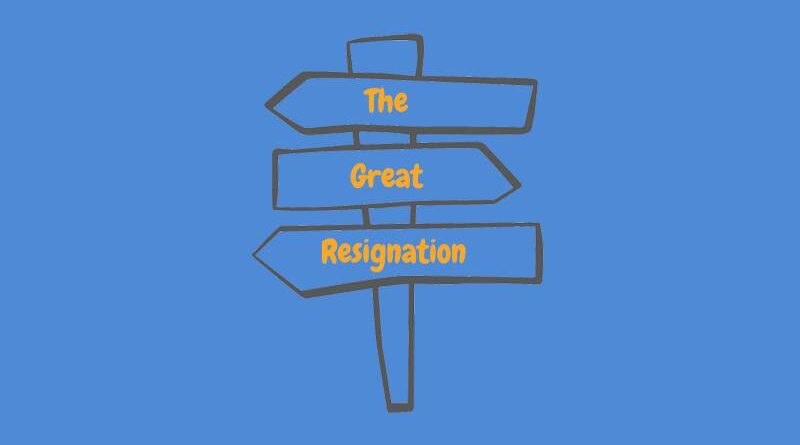Training Course: The Great Resignation
18-26 October 2023 | Bucharest, Romania
Taking into consideration the need to inform and empower young people in their educational and/or career path, the project aims to increase the active participation and the involvement of young people into society.
Recent global socio-economical events have made more evident that the world needs a new trajectory, including at the labour market level. Dignity, flexibility, life-work balance are some of the features of what has been named the ‘Great Resignation’, ‘Great Reshuffle’ or ‘Big Quit’. These terms indicate a more and more widespread phenomenon according to which young employees are quitting their jobs and looking for ones that provide fulfilment, growth, diversity, time for private life and dynamism.
Besides, the Great Resignation is strictly connected with prioritising mental health. According to a surveyconducted by YPulse, 24% of the respondents, aged 18-24, said they quit their job because it wasn’t goodfor their mental health, followed by a lack of healthy work / life balance (20%). In the case of Romania, according to an eJobs survey, 21% of employees would quit without having already secured another job.
Moreover, youth unemployment keeps being high across the world. At the EU level, the rate was 13.9% in March 2022, while the rate of NEETs was 13.1% in 2021. Within the EU, Spain has one of the highest ratesof youth unemployment (28.9%), followed by Italy (23.8%) and Romania (22%). Italy has also the highest rate of NEETs (23.1%), followed by Romania (20.3%), while Spain has 18.4%.
The trend is even more alarming in the Western Balkan region, where youth unemployment in 2021 was 33.2%, reaching 38.2% in Bosnia and Herzegovina, 37.1% in Montenegro and 36.3% in
North Macedonia. When it comes to NEETs, the average rate was 23.7% in 2020, with one of the highest levels inBiH (30%), while in North Macedonia reaches 26.2% and in Montenegro 21%.
Therefore, our project will be aiming to:
1. Improving the capacity of 20 youth workers to engage with youngsters in their communities, provide information and ‘opportunities’ counselling in their daily work by developing necessary competences of using digital tools and social media platforms;
2. Empowering 150 youngsters (18-30 yo) from 6 countries to become active members of society by providing information and guidance about lifelong learning programs and through a series of 6 podcasts during the dissemination stage;
3.Developing an efficient network of 3 EU and 3 non- EU NGOs by creating a sharing space meant to exchange good practices, efficient tools and improve their services and internationalitation.
Available downloads:
- The Great Resignation Info-pack.pdf (1).pdf
- Daily Schedule (2).jpeg
- The Great Resignation – Application form SALTO.docx
More information at: SALTO
